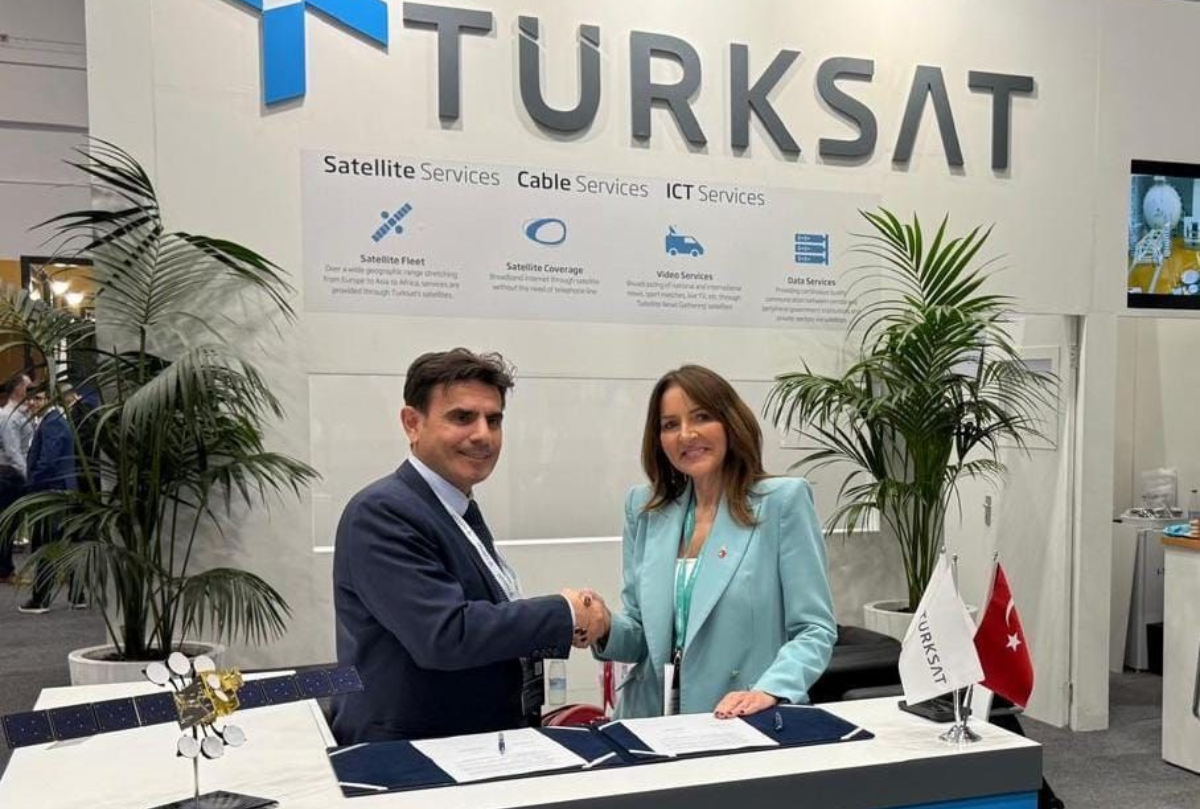Avanti expands connectivity in Southern Africa via Türksat
Avanti secures extra capacity on Türksat 5B to expand into Southern Africa, aiming to bridge remote connectivity gaps and monetise underserved zones via satellite broadband. The move transforms the satellite firm into a frontier-digital-infrastructure player.

Avanti Communications’ recent agreement to secure additional capacity on Türksat’s high-throughput satellite (HTS) Türksat 5B marks a significant strategic move into Southern Africa’s connectivity space. By expanding its partnership with the Turkish national satellite operator, Avanti is not simply scaling bandwidth—it is repositioning itself as a major infrastructure provider in a region where terrestrial networks remain constrained, demand for data services is rising, and satellite access can leapfrog legacy limitations. For Southern Africa, the transaction is emblematic of how digital inclusion ambitions, telecom operator strategies and capital-market implications intersect.
The mechanism is clear: Avanti obtains extra capacity, enabling it to provide enhanced broadband service to underserved geographies, remote areas and enterprise customers—particularly in markets where tower roll-out is slow, fibre fails to reach and grid reliability remains inconsistent. With bandwidth constraints increasingly limiting mobile-data growth, satellite high-capacity payloads offer an alternative or complement to terrestrial backhaul. By leasing capacity on Türksat 5B, Avanti can negotiate wholesale deals with mobile-network operators, ISPs, fixed-wireless-access providers and government agencies in Southern Africa, thereby monetising a long-tail connectivity opportunity.
From a macro perspective, the deal signals several structural dynamics. First, the digital-economy growth imperative in Africa: as sectors such as e-commerce, fintech, mining operations, remote education and tele-medicine accelerate, reliable broadband becomes a foundational input. Telecom infrastructure investments historically focused on urban centres; satellite partnerships extend reach into peri-urban and rural zones, reducing digital divides and increasing participation in formal supply chains. Second, the investment-infrastructure pipeline: companies like Avanti are effectively turning connectivity into investible infrastructure assets, with measurable revenue models, scalable capacity and potential yield for global capital looking at frontier digital infrastructure. Third, competitive pressure: mobile operators in Southern Africa face margin compression, saturated voice/data markets and regulatory cost burdens; wholesale satellite links offer new revenue streams or margin relief.
For Avanti and its investors, the market reaction will depend on execution. Key will be the pipeline of contracts signed in Southern Africa, ARPU (average revenue per user) uplift achieved in serviced zones, customer-churn reduction through differentiated connectivity, and cost control on satellite capacity and ground-station infrastructure. If Avanti’s revenue growth accelerates and margins improve, the company could re-rate from a telecom adjunct to a digital-infrastructure play. For regional telecom operators, the partnership offers a hedging mechanism against terrestrial-roll-out risk and a lever to expand into higher-value enterprise/industrial segments.
However, risks must be managed. Satellite business models depend heavily on capacity utilisation, ARPU yield, and technological cost curves (satellite launch, ground-station equipment, spectrum licensing). In Africa, currency risk, regulatory uncertainty, demand elasticity and competitive substitution from terrestrial fibre or microwave remain real. Execution risks include deployment delays, latency issues, and customer-acquisition hurdles in remote zones. If capacity sits idle or uptake is slow, returns may under-deliver.
Forward-looking metrics to watch: number of Southern-African customers onboarded via the new capacity, percentage utilisation of the additional HTS capacity, ARPU growth in targeted regions, churn rates compared with competitors, and capital-expenditure intensity per new customer. If Avanti can onboard, say, 1-2 million users or enterprise accounts within 24 months and lift utilisation above 60-70% of leased capacity, the deal will validate the structural thesis of satellite as frontier infrastructure.
In summary, Avanti’s deal with Türksat is more than satellite capacity—it’s a strategic pivot toward digital-infrastructure investment in Africa. It aligns technology, connectivity and frontier-market growth in a way that investors, telecom operators and regional development actors should monitor closely.





